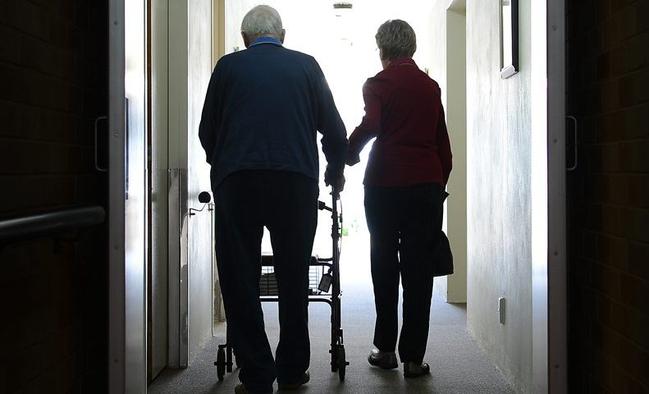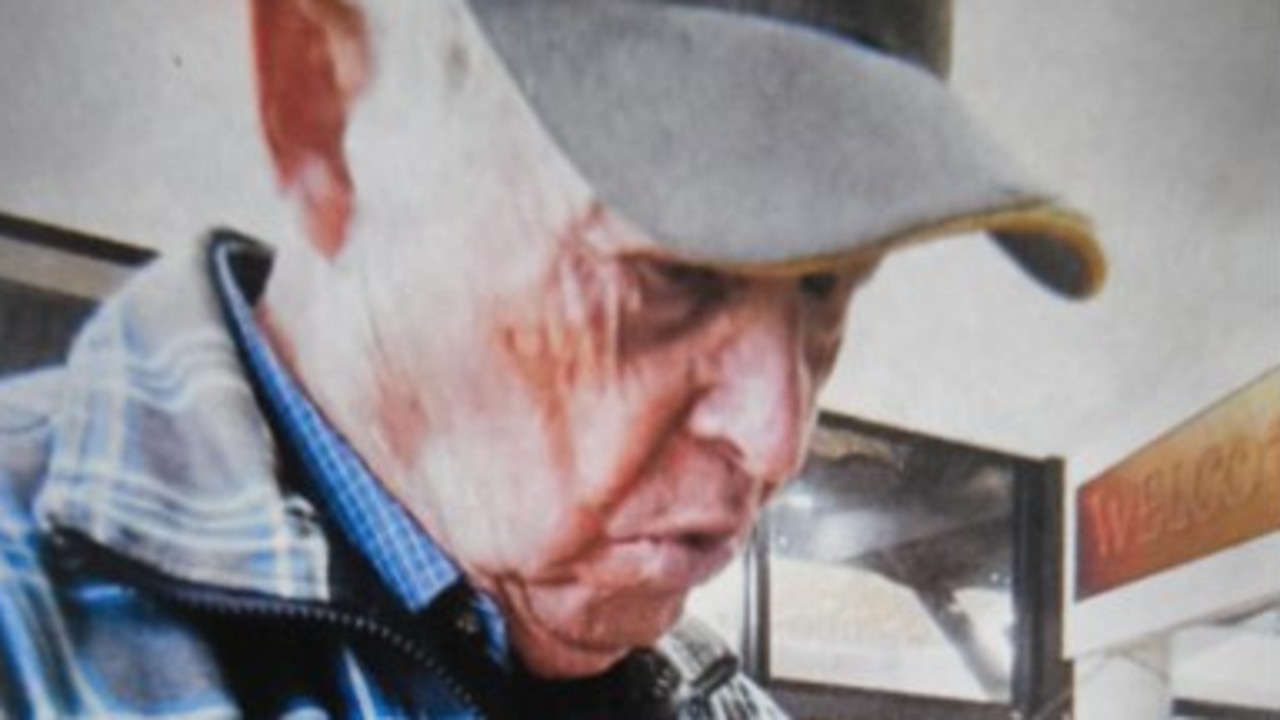Strain on loving families as vulnerable elderly go missing
HUNDREDS of Queensland families are fraught with worry every year when older, vulnerable members go missing.

Central Queensland
Don't miss out on the headlines from Central Queensland. Followed categories will be added to My News.
HUNDREDS of Queensland families are fraught with worry every year when older, vulnerable members go missing.
Queensland police received 252 reports from family and friends reporting people over 60 years of age missing - with many suffering a medical condition including dementia-related conditions - during the 2011-12 financial year.
While in most cases missing people are located very quickly and without incident, the Queensland Police Service is reminding families to take steps to avoid a situation that can be prevented, as Missing Persons Week 2013 gets under way.
Detective Superintendent Steve Holahan, from the State Crime Command's Homicide Group, said, on average, 17 people were reported missing to police every day of the year.
"Of course a number of these are calls to assist with an older person or a person living with an impairment who has gone missing or simply lost their way home and can be located quickly," he said.
"We understand that families are busy and have a number of stresses and competing priorities.
"However by being proactive you can feel a bit more confident in the safety of your family member and prevent the stress and trauma involved with a missing person incident."
Alzheimer's Australia Queensland chief Victoria Beedle said there were a number of ways to minimise the chance of a loved one with dementia going missing.
"Involving your loved one in meaningful activities throughout the day can reduce the boredom and restlessness that often leads a person with dementia to wander," Ms Beedle said.
"More than 51,000 people in Queensland are living with dementia and it's important to remember it can affect younger people.
"There are people in their thirties, forties and fifties living with a diagnosis of dementia too.
Tips include:
- Make sure the person has appropriate and current identification with them at all times, in their wallet or purse. An identity bracelet with name, address and phone number is an excellent way to ensure their personal details are easily accessible.
- Regularly update photos of this person and make them easily accessible in case they are needed in a hurry.
- Consider installing a bell or buzzer near doorways so you are aware when your loved one leaves the home.
- Take the time to look at the local area they live in. Ask them to show you the local shops and facilities they visit and the route they take each time.
- Speak with their neighbours and local shop owners and ask if they can keep a friendly eye on your loved one. Provide them with a way to contact you.
- Never wait to report the matter to police if you think they may be missing. You do not have to wait 24 hours to report a person missing.
- If you are worried about a loved one's memory or wander, phone the national dementia helpline on 1800 100 500.
For a list of missing persons visit www.police.qld.gov.au. If you have any information that could help, phone Crime Stoppers anonymously on 1800 333 000 or visit crimestoppers.com.au 24hrs a day.


